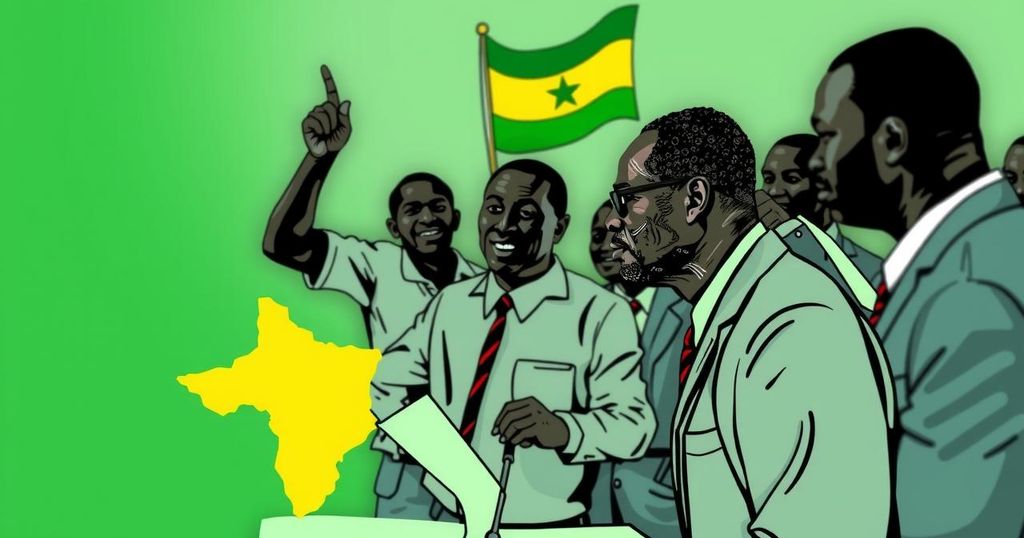Senegal’s Legislative Elections: A Triumph for Democracy and Political Resilience

Senegal’s snap legislative elections on November 17 marked a triumphant reaffirmation of democratic principles following a crisis caused by former President Sall’s postponed election. With a high voter turnout of 61.3% and peaceful transitions, the elections signify citizens’ commitment to governance and constitutional integrity, as opposition leaders have conceded defeat while President Faye commits to transparent rule. These developments contrast favorably with other African nations facing democratic crises.
On November 17, Senegal held significant legislative elections following an unexpected snap call by President Bassirou Diomaye Faye, who was sworn in following a political crisis initiated by former President Macky Sall’s postponed presidential election. This incident triggered mass protests, revealing the vulnerabilities of Senegal’s democratic institutions. However, these elections demonstrated the resilience of the country’s democracy as citizens actively participated, reaffirming their commitment to constitutional governance. Preliminary results indicate that the ruling party, Pastef, is likely to secure a majority, and opposition leaders, including Sall, have conceded defeat, which signifies a member of the political transition with a substantial voter turnout of 61.3%. The context of these elections highlights the critical importance of adhering to democratic principles, particularly following Sall’s decision to abandon an unconstitutional attempt for a third term. The electoral process reinforced the strength of Senegal’s institutions at a time when neighboring nations face instability. Moreover, challenges such as corruption, weak governance, and state capture continue to threaten democratic integrity. Yet, President Faye has asserted his intention for transparent governance, marking a pivotal moment in Senegal’s political trajectory. To ensure continued resilience, it is vital for the state to honor term limits and promote citizens’ political participation. Best practices, including inclusive governance, the rule of law, electoral integrity, and combating corruption, are essential for maintaining trust in institutions. The success of educational initiatives that emphasize civic engagement will foster a more vibrant democratic culture. Senegal’s recent elections serve as a model for other nations, offering lessons in peaceful power transitions and the undeniable impact of citizen participation in safeguarding democracy.
The political landscape in Senegal has been marked by recent tensions and protests stemming from former President Macky Sall’s controversial decision to postpone a presidential election. This decision led to civil unrest and highlighted the fragility of Senegal’s democratic institutions. Following protests, Sall renounced plans for a third term in office, facilitating a change in leadership through the election of Bassirou Diomaye Faye. These developments underscore the importance of democratic processes and the need for political stability in the region, which is often afflicted by instability and authoritarianism. Thus, the elections are viewed as a sign of democratic resilience amid regional challenges.
The recent legislative elections in Senegal signify a robust affirmation of the nation’s democratic values and citizen engagement. President Faye’s election marks a critical juncture in the country’s political evolution, issuing a clarion call for continued adherence to democratic principles. By fostering an environment of inclusive governance, transparency, and civic education, Senegal can strengthen its institutions against prevalent threats such as corruption and governance weaknesses. The lessons drawn from Senegal’s electoral experience can serve as a benchmark for other African nations striving for democratic stability and progress.
Original Source: theconversation.com








